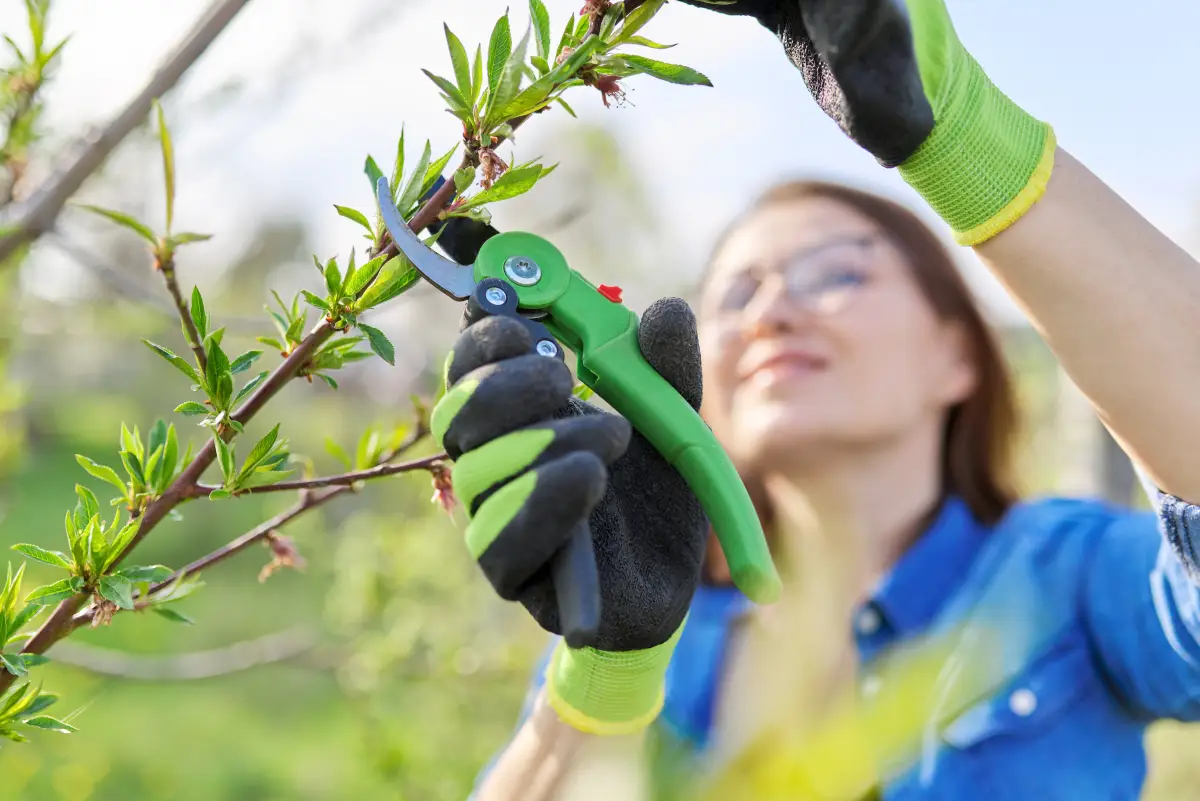Choosing and Caring for Fruit Trees and Shrubs in Your Garden

Understanding the Basics of Fruit Tree Care in Tennessee
Growing fruit trees in Tennessee can be a rewarding endeavor, offering fresh, homegrown produce. To ensure your trees thrive, it's essential to understand the specific needs of different fruit trees, including climate, soil, and maintenance requirements.
Best Fruit Trees for Tennessee
Apple Trees: Apple trees are popular in Tennessee, especially varieties like Gala, Fuji, and Honeycrisp. They require full sun and well-draining soil. Regular pruning is essential to maintain their shape and promote fruit production.
Peach Trees: Peach trees thrive in Tennessee's climate. Varieties such as Belle of Georgia and Redhaven are excellent choices. They need full sun and protection from strong winds. Ensure they are planted in well-drained soil and are spaced 15-20 feet apart for optimal growth.
Fig Trees: Hardy fig varieties like Celeste and Hardy Chicago do well in Tennessee. They require frequent watering due to their shallow roots and benefit from mulching to retain soil moisture. Fig trees are relatively low maintenance and pest-resistant.
Cherry Trees: Cherry trees, particularly Bing and Montmorency, are suitable for Tennessee's climate. They need full sun, well-drained soil, and protection from birds, which can quickly eat the fruit. Cross-pollination is essential for a good harvest.
Planting and Soil Preparation
Planting Time: The best time to plant fruit trees in Tennessee is late winter to early spring. This timing allows the trees to establish roots before the growing season begins.
Soil Requirements: Most fruit trees prefer well-draining soil with a neutral to slightly acidic pH. Test your soil and amend it as necessary to meet the needs of your chosen fruit trees.
Planting Procedure:
- Dig a hole twice as wide as the tree's root ball.
- Place the tree in the hole, ensuring the graft union is above ground level.
- Fill the hole with soil, tamp it down gently, and water deeply.
Watering and Mulching
Watering: Young trees require regular watering. Water deeply once a week, adjusting based on rainfall and soil conditions. Established trees need less frequent watering but still benefit from consistent moisture.
Mulching: Apply a layer of mulch around the base of the tree, extending to the drip line. Mulch helps retain soil moisture, regulates temperature, and reduces weed competition. Avoid piling mulch against the tree trunk to prevent rot.
Fertilization
Type of Fertilizer: Use a balanced, slow-release fertilizer or organic options like compost or manure. Specific nutrient requirements may vary; for example, apple trees might need more nitrogen.
Fertilization Schedule: Fertilize in early spring and again in late spring or early summer. Follow the manufacturer's instructions to avoid over-fertilizing, which can harm the tree and reduce fruit quality.
Pruning and Maintenance
Pruning Techniques: Pruning is crucial for the health and productivity of fruit trees. Remove dead or diseased wood, thin out crowded branches, and shape the tree to improve sunlight penetration and air circulation.
Pest and Disease Control: Regularly inspect your trees for signs of pests or disease. Use organic or chemical treatments as needed, and practice good garden hygiene by removing fallen leaves and fruit that can harbor pests.
Common Challenges and Solutions
Cold Weather: Some fruit trees, like fig and nectarine, struggle with cold temperatures. Consider wrapping trees in burlap or providing other forms of frost protection during the winter months.
Drought: Ensure your trees receive adequate water during dry periods. Mulching helps retain moisture, and drip irrigation can be an efficient way to keep the soil moist without overwatering.
Birds and Wildlife: Protect fruit trees from birds and other wildlife with netting or other barriers. This prevents them from eating the fruit before you can harvest it.
With the right care and attention, your fruit trees will flourish, bringing beauty and bounty to your Tennessee garden. Enjoy the process and the delicious rewards of your labor!


